HP says Autonomy revenue was wrong by 38%
Ex-Autonomy CEO Mike Lynch responds by blasting lawsuit as "desperate search" for a scapegoat
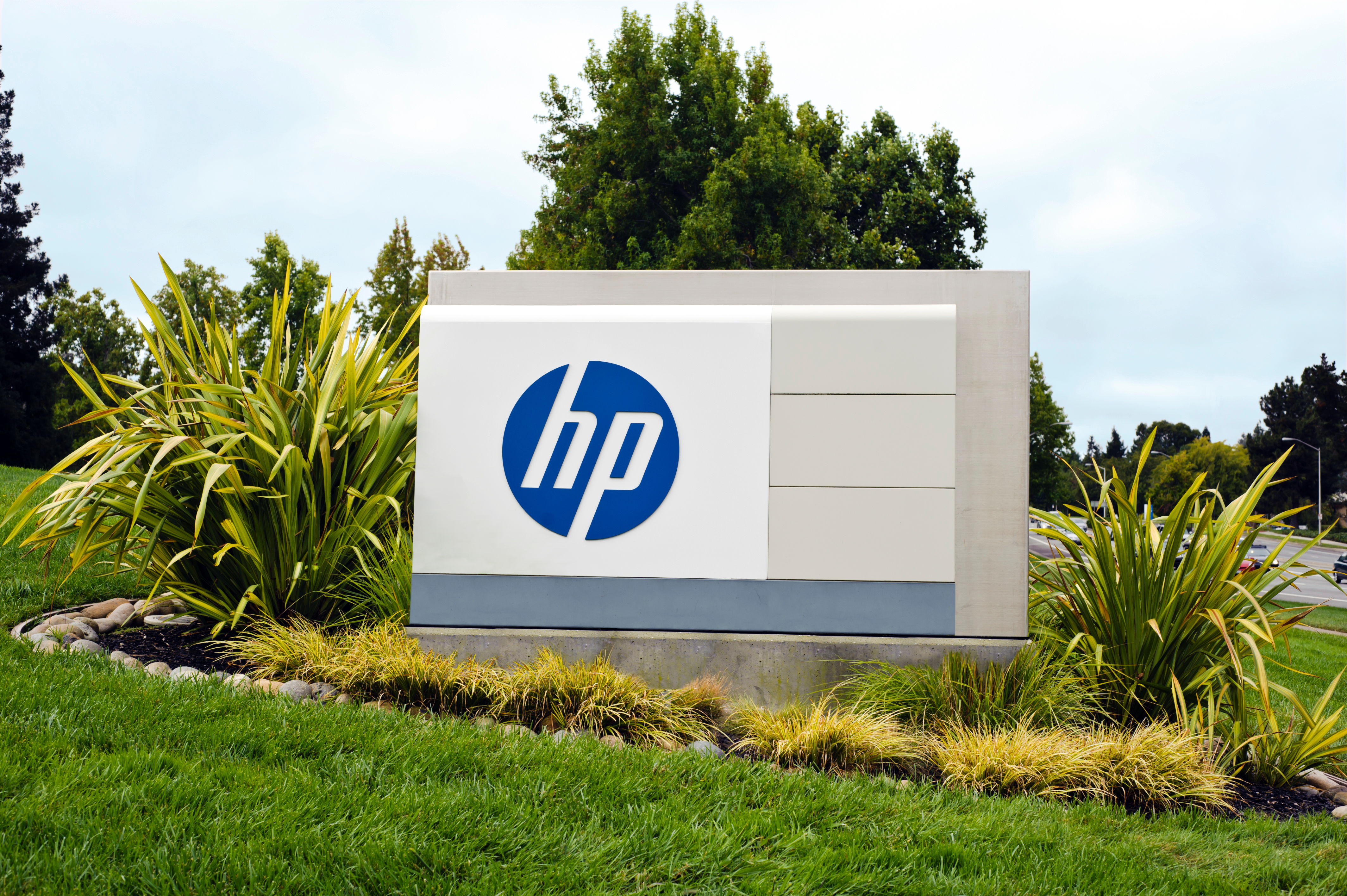
A fresh war of words has erupted between HP and the former executives of Autonomy that it's suing for $5.1 billion, after details of the lawsuit were revealed in a court filing.
Hewlett-Packard last month launched a legal battle against Michael Lynch and Sushovan Hussain, the former CEO and CFO respectively of British software maker Autonomy.
HP bought Autonomy in 2011, but was forced to write down 5.6 billion of the 7 billion purchase, and accuses Lynch and Hussain of cooking the books to increase the British firm's apparent value.
In documents released yesterday, HP claimed it was tricked into paying 3.2 billion ($5.1 billion) more than it should have for Autonomy the same amount it wants repaid in the lawsuit it filed in England.
Specifically, the filing alleges that Autonomy sold other vendors' hardware at a loss, recognising the costs as "marketing" instead of "goods purchased".
HP also claimed revenues were falsely bumped up three years running by 24.7 per cent in 2009, by 38 per cent in 2010 and by 36 per cent in 2011.
Lynch responded by blasting HP, saying the claims are "one long disagreement over accounting treatments, and have nothing to do with fraud".
Get the ITPro daily newsletter
Sign up today and you will receive a free copy of our Future Focus 2025 report - the leading guidance on AI, cybersecurity and other IT challenges as per 700+ senior executives
He added: "After three years of Meg Whitman's stonewalling, is this it? HP's claim is finally laid bare for what it is a desperate search for a scapegoat for its own errors and incompetence.
"She now admits that hardware sales were correctly recorded as revenue and that HP was fully aware of this when they valued the company at $11 billion," he said.
Lynch added that there was no missing money from Autonomy's accounts.
The latest news comes after the Serious Fraud Office dropped an investigation into Lynch and Hussain back in January, saying there wasn't enough evidence for a successful prosecution. It passed on its findings to US authorities.
-
 Third time lucky? Microsoft finally begins roll-out of controversial Recall feature
Third time lucky? Microsoft finally begins roll-out of controversial Recall featureNews The Windows Recall feature has been plagued by setbacks and backlash from security professionals
By Emma Woollacott Published
-
 The UK government wants quantum technology out of the lab and in the hands of enterprises
The UK government wants quantum technology out of the lab and in the hands of enterprisesNews The UK government has unveiled plans to invest £121 million in quantum computing projects in an effort to drive real-world applications and adoption rates.
By Emma Woollacott Published
-
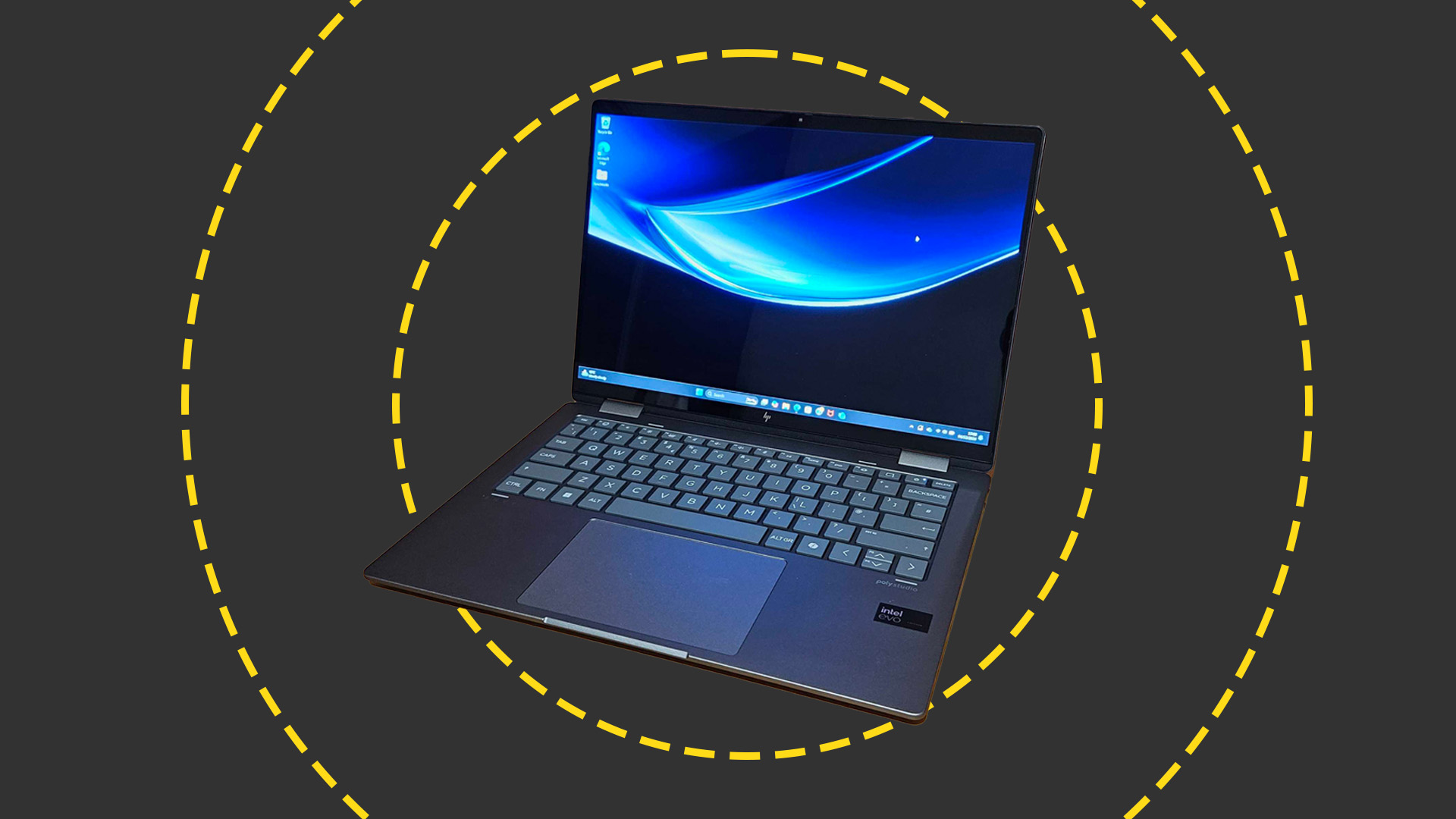 HP Envy x360 2-in-1 (14-FC0009NA) review: A cut-price AI PC for the enterprise
HP Envy x360 2-in-1 (14-FC0009NA) review: A cut-price AI PC for the enterpriseReviews The Intel-powered HP Envy x360 is a decent punt for its price point despite a few bugbears
By Keumars Afifi-Sabet Published
-
 Dell, HP post underwhelming returns as PC market remains in a state of flux
Dell, HP post underwhelming returns as PC market remains in a state of fluxNews Original equipment manufacturers (OEMs) are contending with an impending Windows 10 EOL and a burgeoning AI PC market
By George Fitzmaurice Published
-
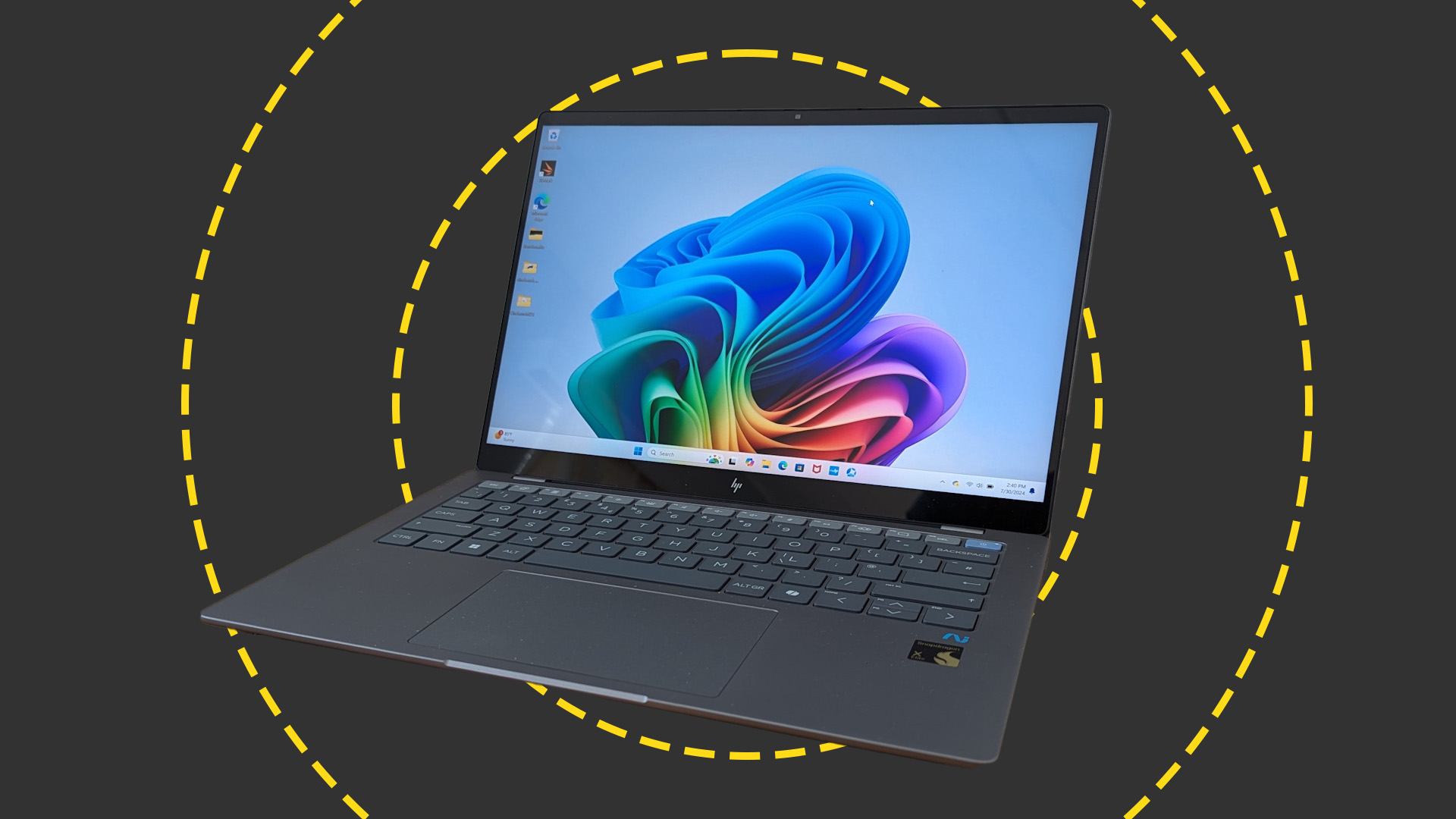
 HP OmniBook X 14 review: Incredible battery life meets Copilot+ AI
HP OmniBook X 14 review: Incredible battery life meets Copilot+ AIReviews Ignore the slightly underwhelming screen and you have a brilliant thin-and-light laptop with AI capabilities and superlative battery life
By Stuart Andrews Published
-
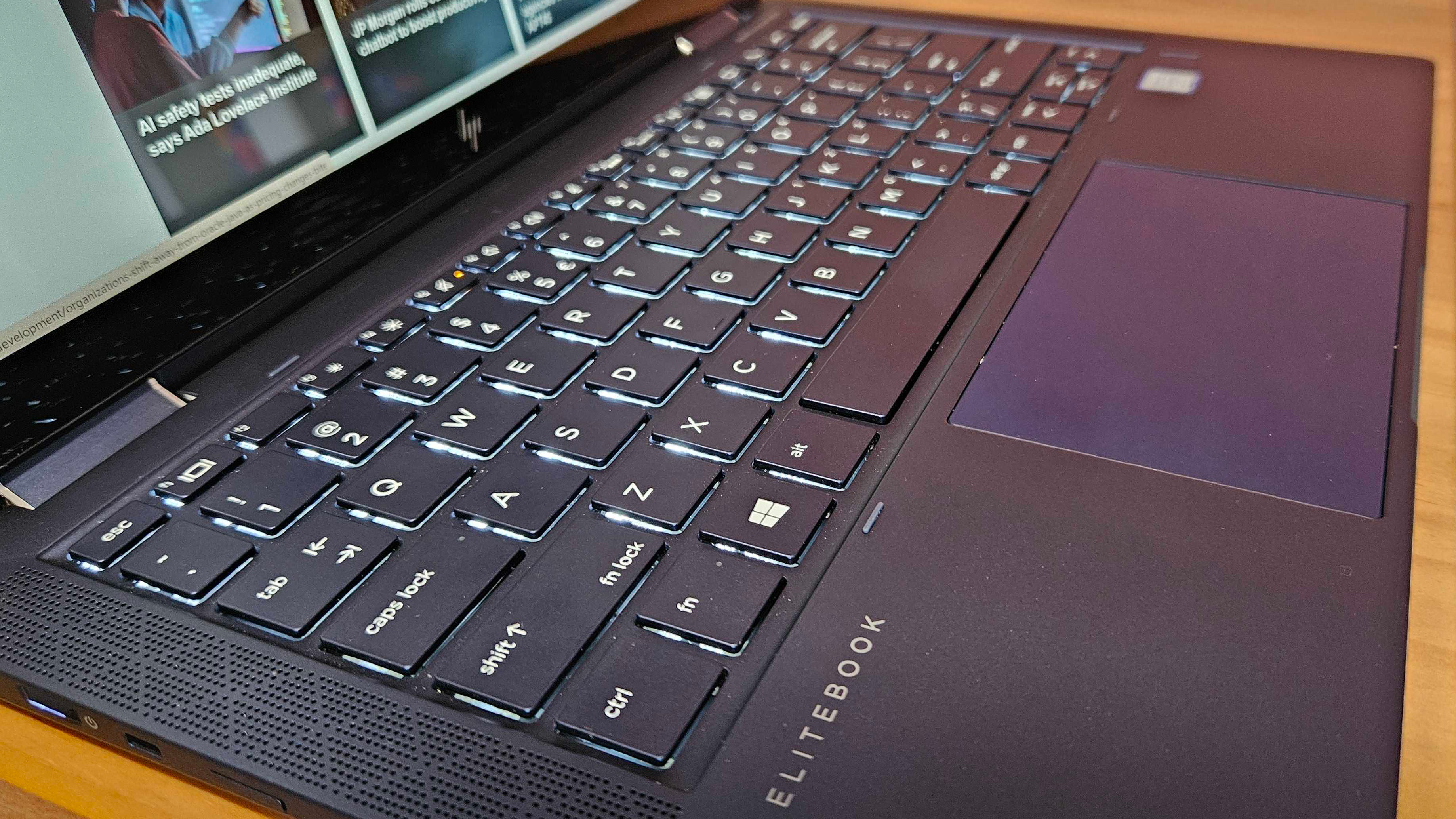 HP has scrapped its most compelling device as it aims for AI PCs — there is nothing like it left on the market
HP has scrapped its most compelling device as it aims for AI PCs — there is nothing like it left on the marketOpinion The HP Elite Dragonfly had everything you needed – a great battery, plenty of power, all the ports, and a fantastic display – until it was killed off
By Keumars Afifi-Sabet Published
-
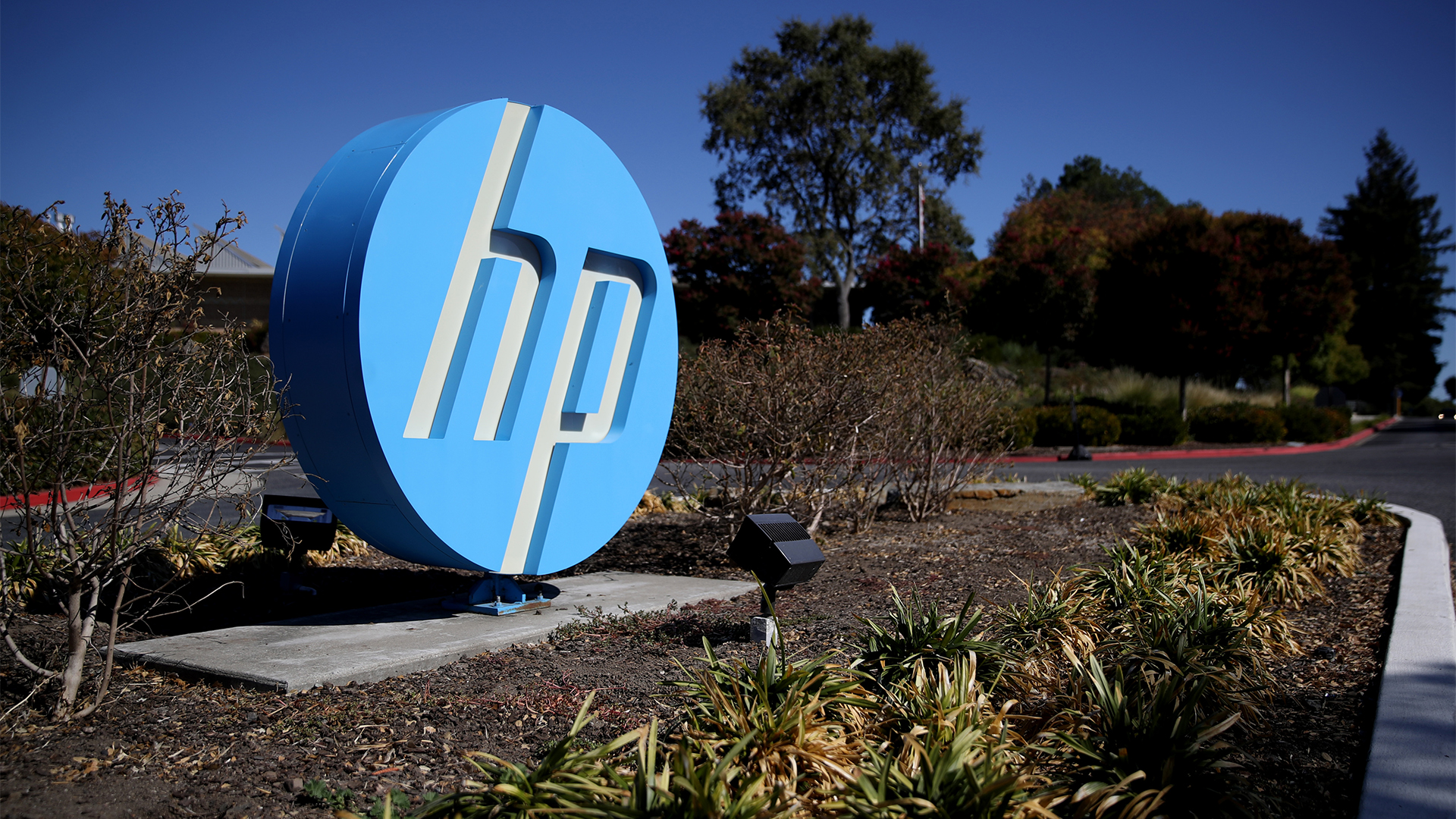 HP shows the AI PC ecosystem is starting to bear fruit — is it time for businesses to take note?
HP shows the AI PC ecosystem is starting to bear fruit — is it time for businesses to take note?Analysis The era of the AI PC may soon be upon us as software vendors start to realize the potential value of processing AI workloads locally
By Solomon Klappholz Published
-
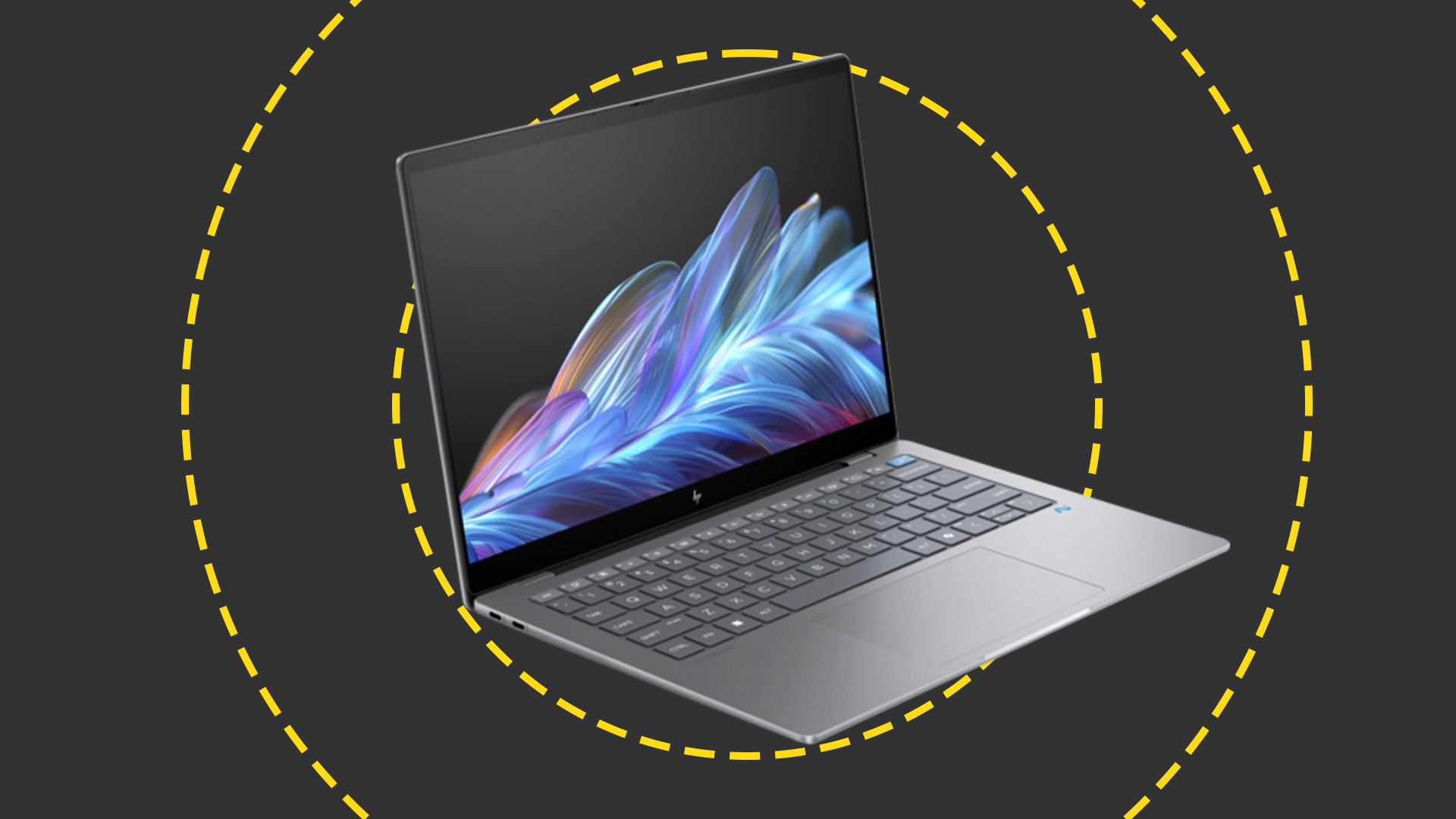 HP caps off its PC overhaul with the launch of the OmniBook Ultra 14 – its most powerful AI-powered laptop to date
HP caps off its PC overhaul with the launch of the OmniBook Ultra 14 – its most powerful AI-powered laptop to dateNews With the HP Dragonfly, Spectre, and Envy brands ditched in sweeping restructure of device portfolio, the OmniBook Ultra 14 marks the first major step into the era of the AI PC
By Solomon Klappholz Published
-
 HP just launched the world’s first business PCs designed to protect firmware against quantum hacking
HP just launched the world’s first business PCs designed to protect firmware against quantum hackingNews HP is worried about quantum security risks, so it’s upgrading devices to contend with future threats
By Ross Kelly Published
-
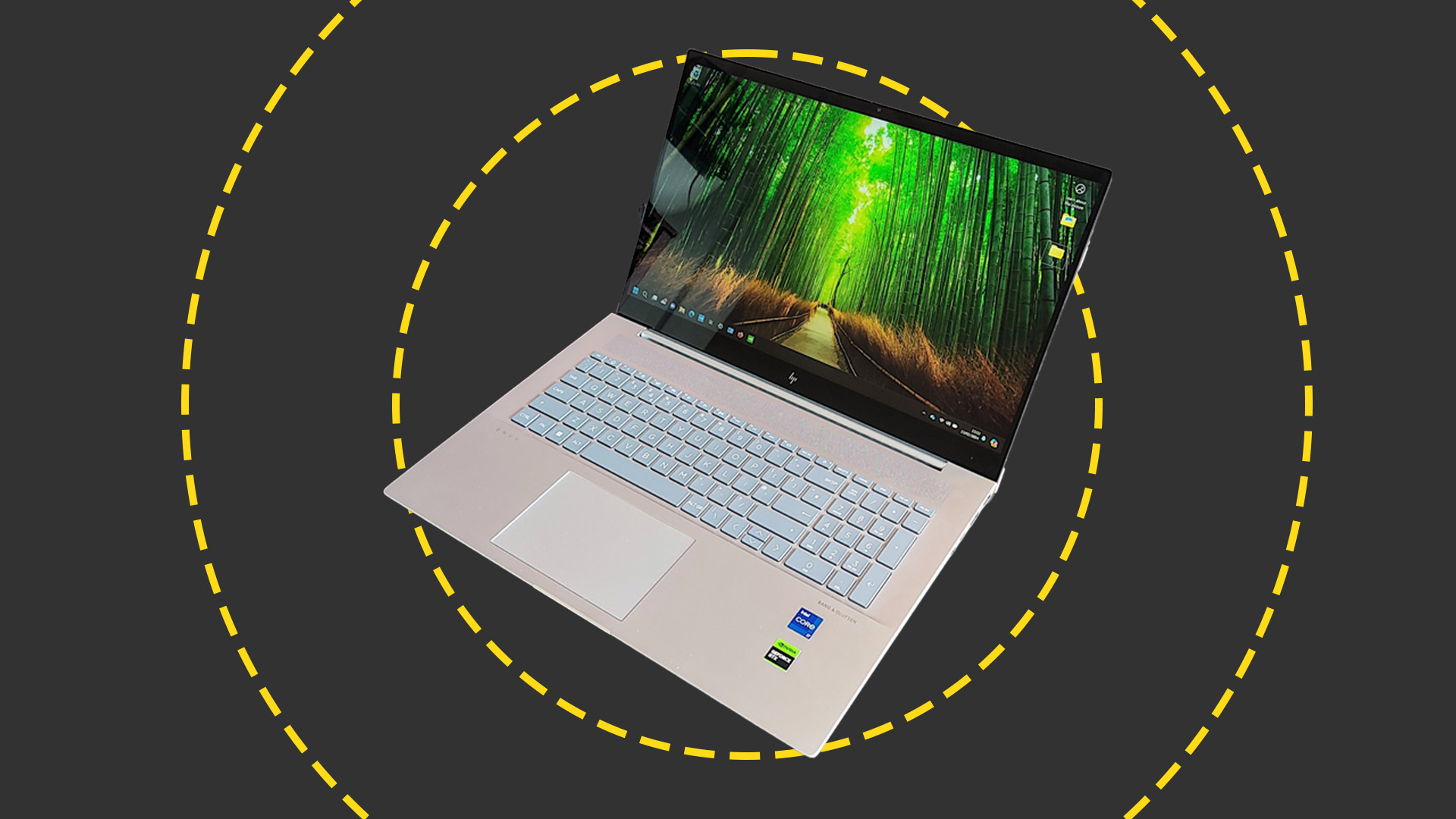 HP Envy 17 review: An affordable big-screen workstation replacement
HP Envy 17 review: An affordable big-screen workstation replacementReviews With the option of Nvidia graphics and a 4K display, the HP Envy 17 is a versatile yet affordable big-screen laptop
By Alun Taylor Published